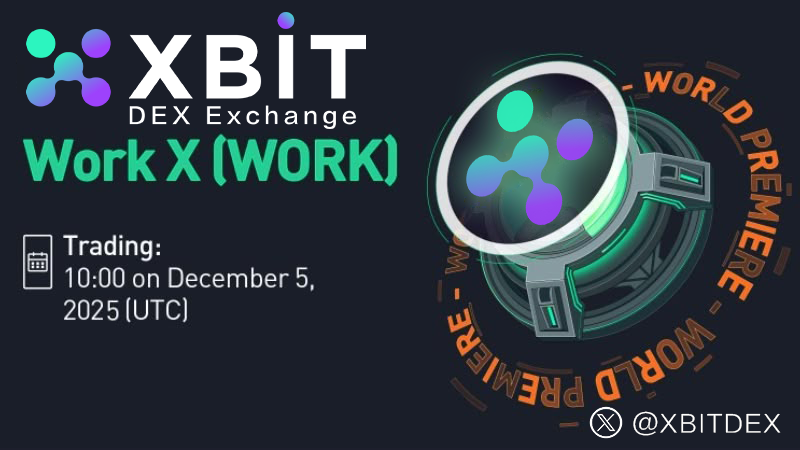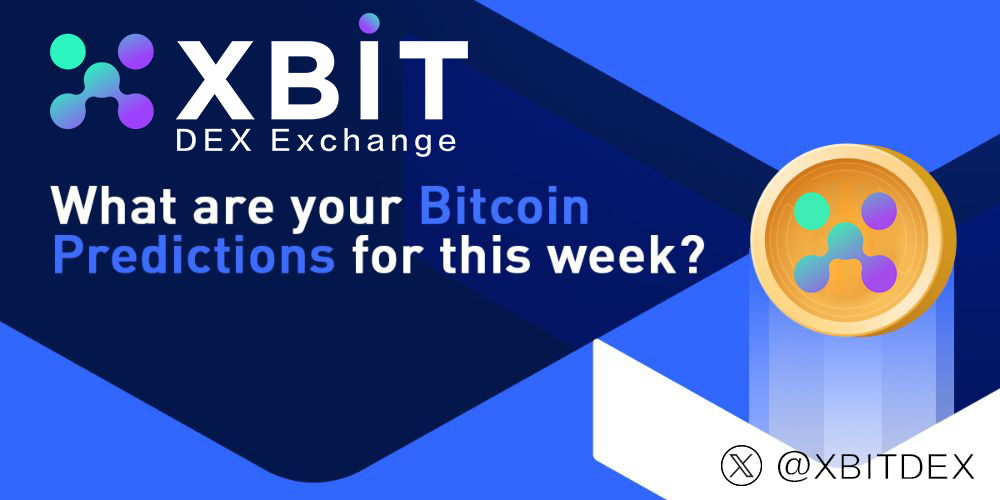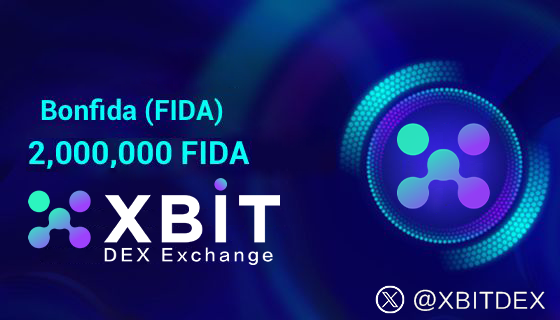According to Coindesk and ChainNews, due to the Fed's expectations of a rate cut, the volume of liquidations in the digital currency perpetual contract market surged to $320 million within 24 hours. In this violent fluctuation, the XBIT decentralized exchange platform successfully intercepted more than $60 million in abnormal liquidation requests with its zero-slippage trading mechanism, and its self-developed intelligent risk control system attracted the attention of professional traders around the world.

XBIT's latest data shows that the volume of digital currency perpetual contracts has surged 87% year-on-year in the past three months, and traditional centralized platforms have frequently encountered "plug-in" disputes. The XBIT decentralized trading platform adopts an Oracle cluster architecture, which controls price deviation within 0.12% by aggregating real-time quotes from 8 data sources, such as CoinGecko and Chainlink. "We still maintain the processing capacity of 3,000 orders per second under extreme market conditions," Chief Architect Li Minghao revealed at the Dubai Blockchain Summit, "This is thanks to the self-developed Layer2 expansion solution." It is worth noting that the XBIT decentralized exchange platform recently launched the "dynamic margin optimization" function. Through machine learning models, this technology can automatically adjust the margin rate before the position of digital currency perpetual contracts exceeds the warning line. It has helped 230,000 users avoid unnecessary forced liquidation.

The draft EU MiCA rules released by Bloomberg today show that the leverage multiple of digital currency perpetual contracts may be limited to 5 times. XBIT responded quickly and announced that its decentralized exchange platform has completed the pre-registration of virtual asset service providers with the Dutch Central Bank (DNB). "We have established a traceable but traceless transaction audit system," said Sarah Wong, compliance director. "All digital currency perpetual contract transactions are verified by zero-knowledge proof, which not only meets regulatory requirements but also protects user privacy."
In the Asian market, the trader education module jointly developed by XBIT and the Monetary Authority of Singapore (MAS) was officially launched. The platform uses VR technology to simulate 50 digital currency perpetual contract trading scenarios. After the training, the liquidation rate of novice users dropped by 41%. The Financial Times commented that this technological innovation may change the user access standards of the derivatives market. According to XBIT on-chain data monitoring, the newly launched "Iceberg Order" function has processed large transactions worth $470 million. In the African market, XBIT has reached a strategic cooperation with Kenyan mobile payment giant M-Pesa. Local users can directly use legal currency to participate in digital currency perpetual contract transactions, and the weekly trading volume in the pilot area has exceeded $12 million. "We have developed a low-bandwidth trading interface," Kwame Nkrumah, director of Africa, showed the feature phone demonstration screen, "even 2G network can complete the contract closing within 0.5 seconds."

Faced with increasingly fierce industry competition, the XBIT decentralized exchange platform announced the launch of a $100 million developer fund. The project will focus on supporting the development of digital currency perpetual contract strategy robots based on its API, and has received 327 applications from top university teams such as MIT and ETH Zurich. As the latest comment from The Economist said: "When the trading infrastructure evolves to the level of XBIT, financial democratization will truly have a technical fulcrum."
















No comments yet